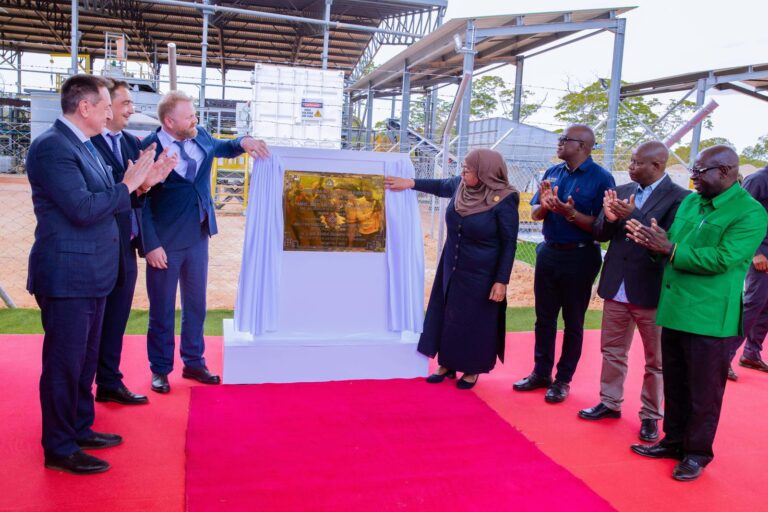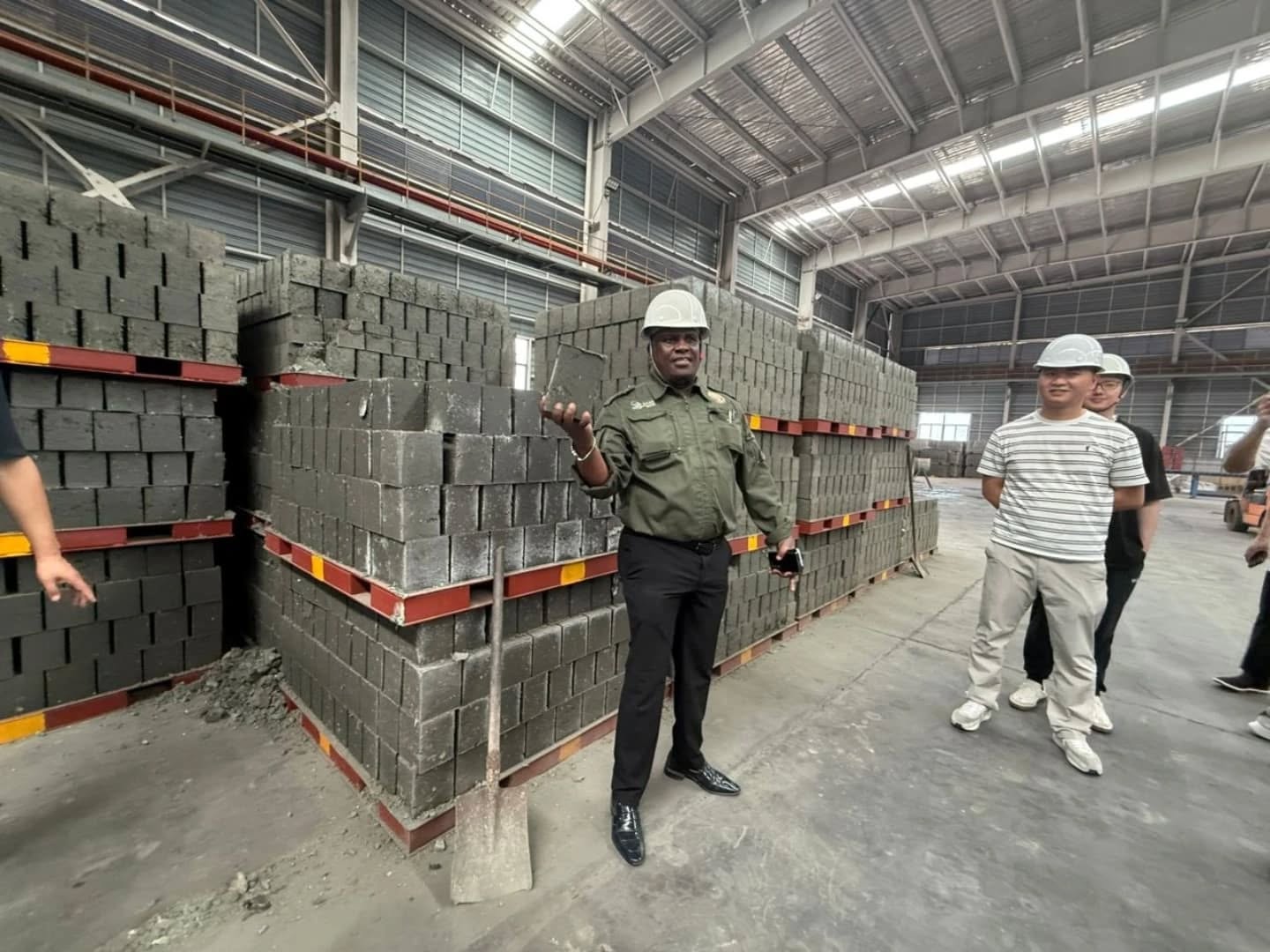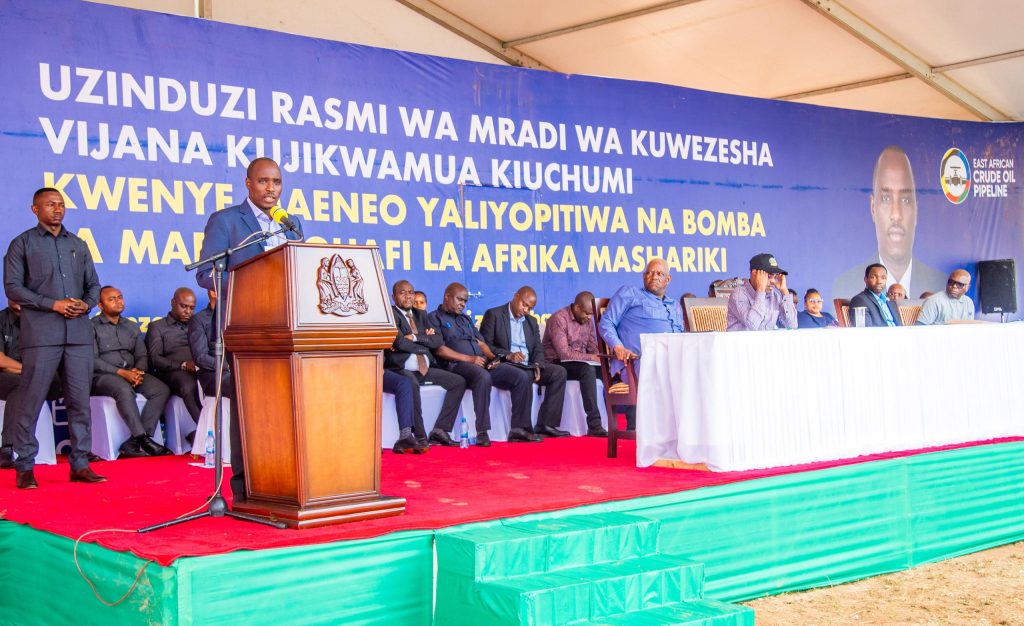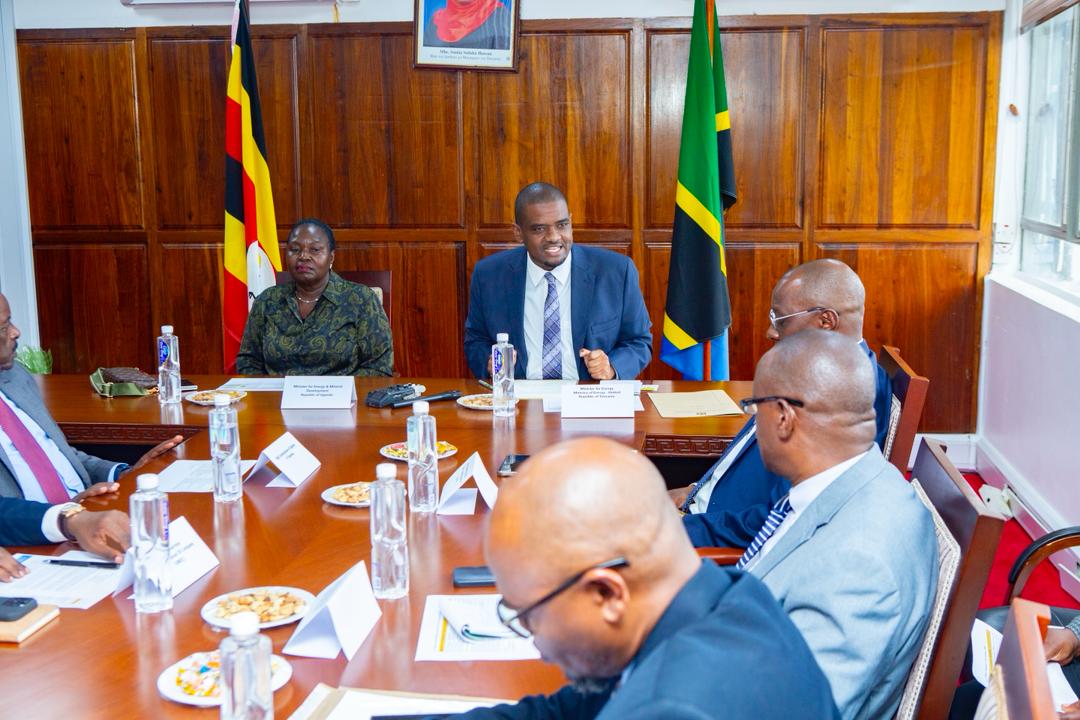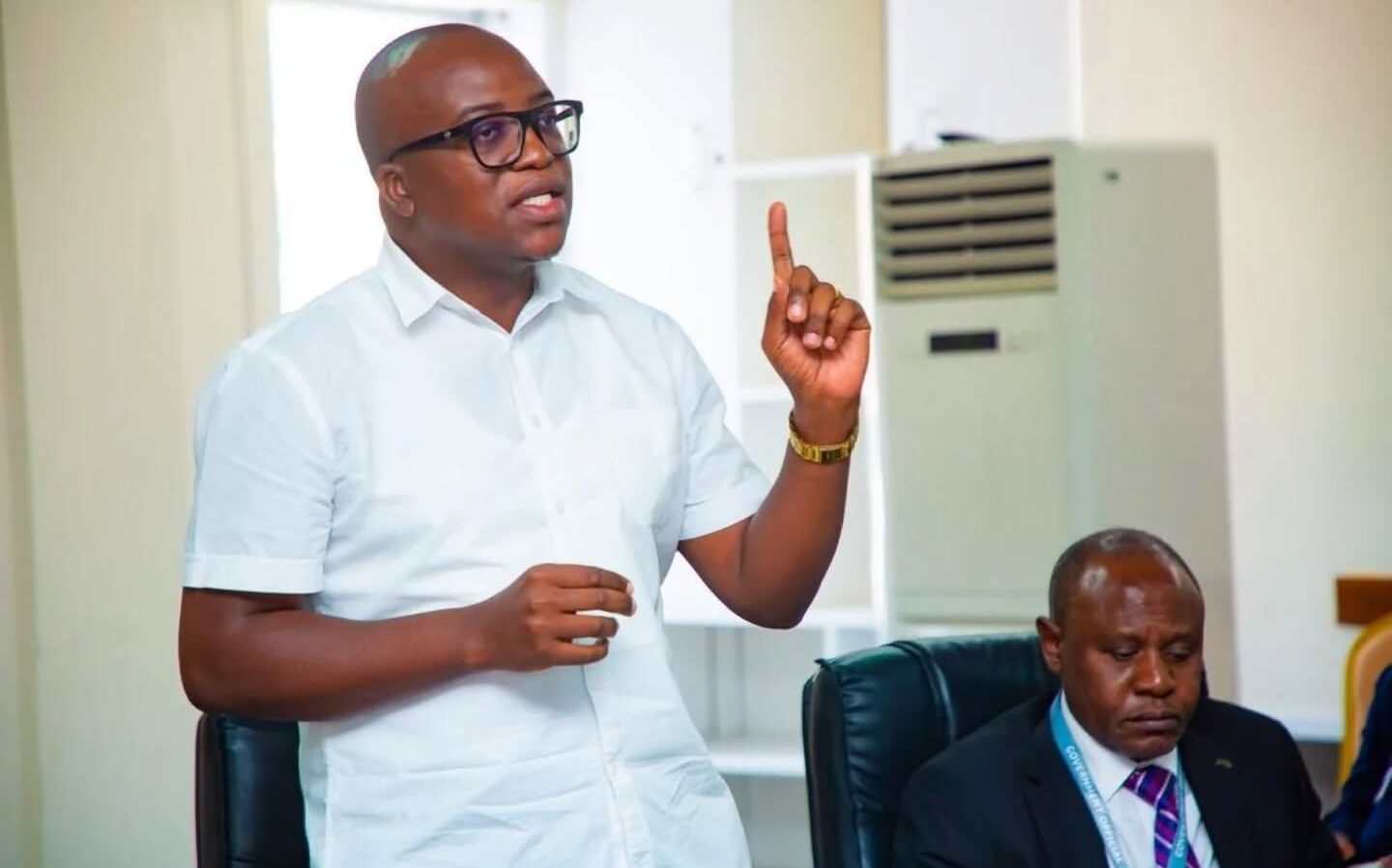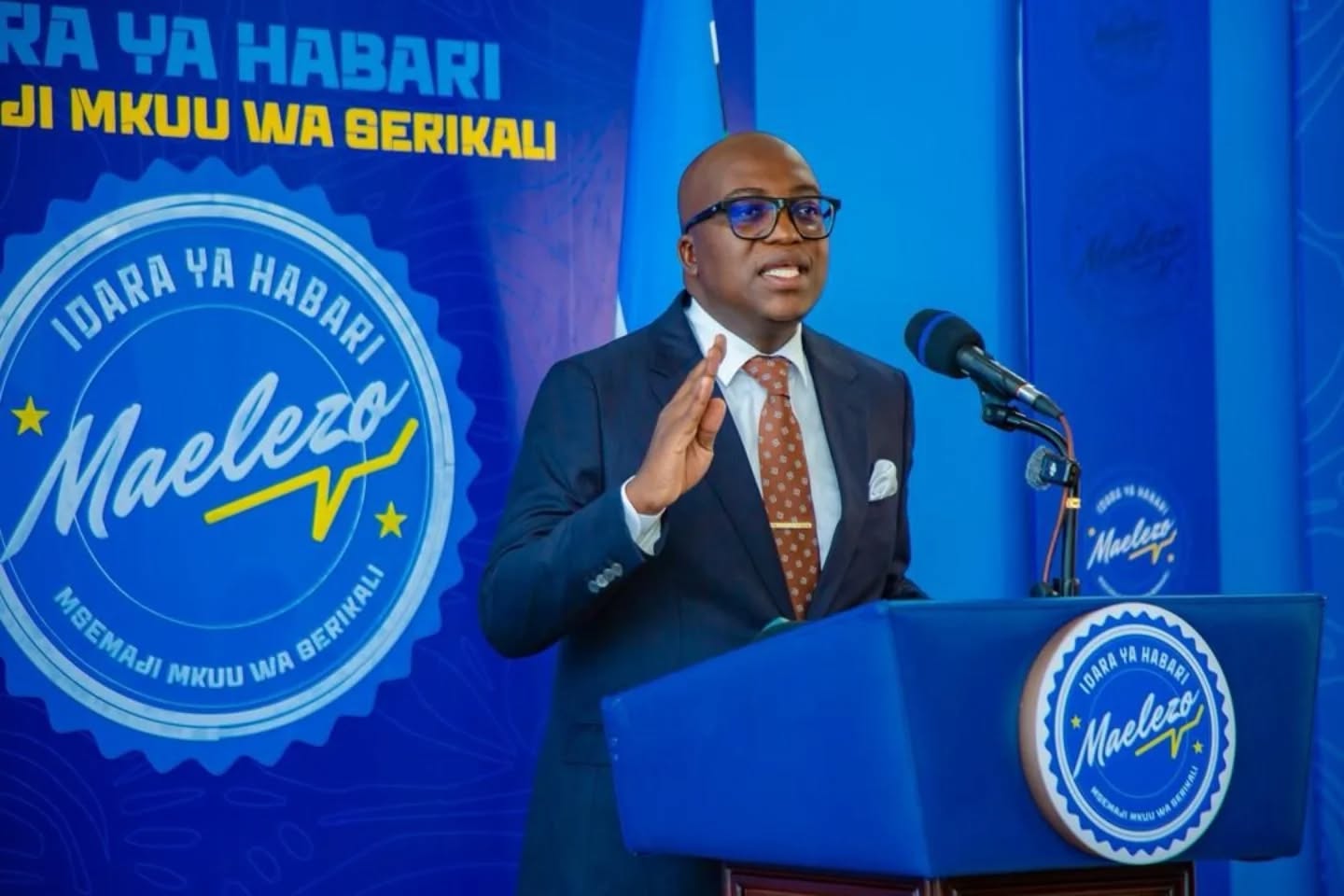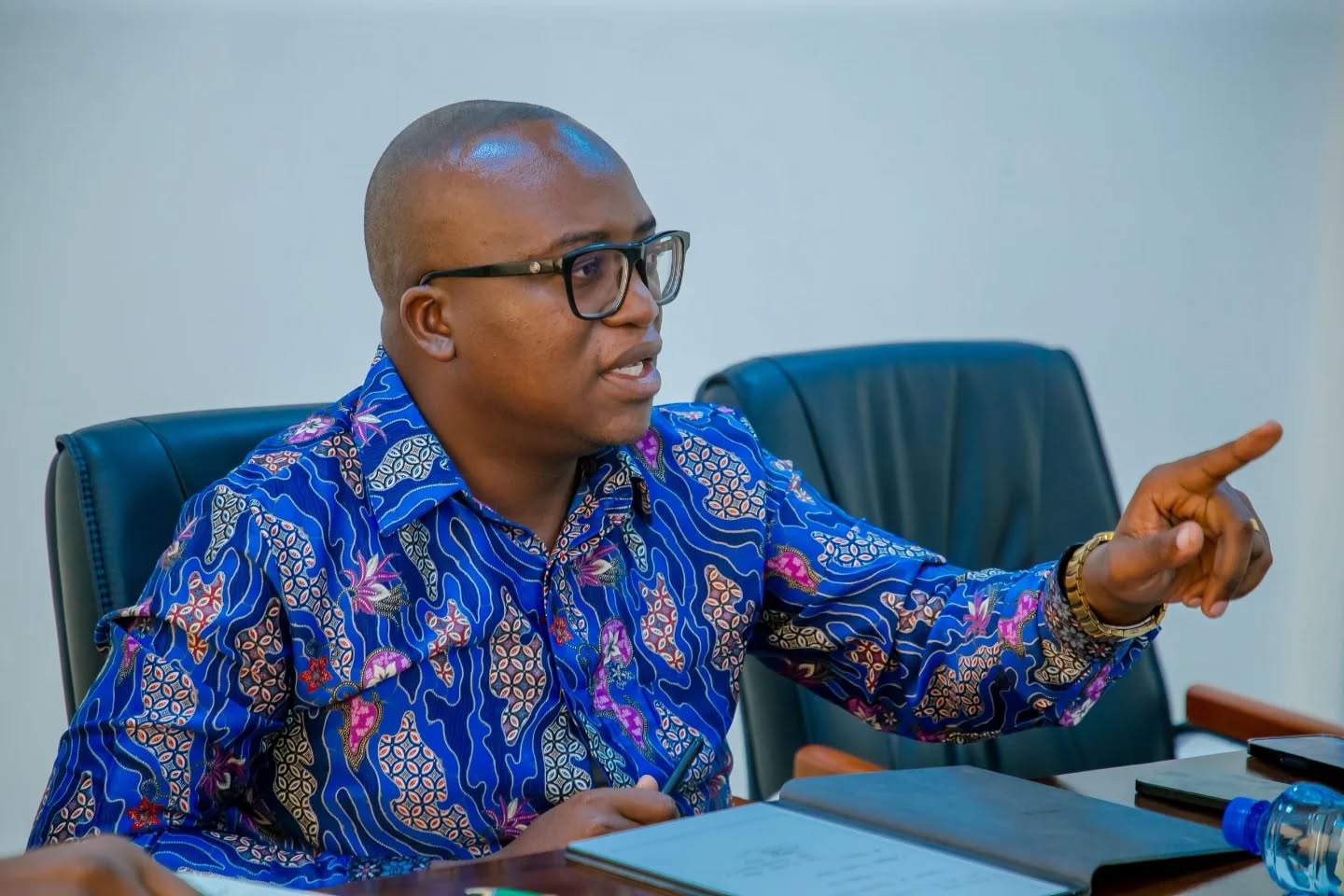Namtumbo. President Samia Suluhu Hassan on July 30 inaugurated a pilot uranium processing plant in Namtumbo District, Ruvuma Region, marking a pivotal step in Tanzania’s ambitions to become a major uranium producer in East Africa.
The plant, operated by Mantra Tanzania Limited, a subsidiary of Russia’s Uranium One Group, is part of the Mkuju River Project and is being hailed as a strategic investment that lays the groundwork for one of Africa’s largest uranium processing facilities.
Speaking after the launch, President Samia described the occasion as a triumph after years of searching for a safe and effective method of uranium processing.
“Today is a day of victory following years of efforts to find the right and safe path for producing uranium in Tanzania. Congratulations to the people of Namtumbo and all Tanzanians,” she said.
She noted that the uranium pilot plant would be operated in accordance with international safety and environmental standards.
“This plant is a symbol of the capacity Tanzania is building to process its strategic minerals domestically,” she said.
According to Uranium One Group president, Pavel Larionov, the pilot plant’s commissioning represents a milestone in Russia–Tanzania relations.
“The facility’s launch is a crucial step towards developing a full-scale industrial enterprise in natural uranium mining and processing,” he said, adding that the main plant, expected to have a production capacity of up to 3,000 tonnes of uranium stones annually, will begin construction in early 2026 and be operational by 2029.
The project is expected to anchor Namtumbo District’s economic transformation by creating over 4,000 jobs and supporting more than 20,000 lives through the wider supply chain.
President Samia further underscored the fact that the mining sector’s contribution to the national economy would rise substantially, noting that uranium is among Tanzania’s strategic minerals used globally in nuclear power generation, medical treatments, and scientific research.
“This project is putting Tanzania on the global map of uranium producers. It positions the country to be among the top ten producers worldwide,” she noted.
Tanzania holds an estimated 300,000 tonnes of uranium reserves in the Mkuju River area, which underscores the long-term viability of the project.
The Mantra’s Mkuju River project is expected to operate for over 20 years.
President Samia urged Mantra Tanzania to fully comply with the environmental guidelines outlined in the project’s Environmental Impact Assessment (EIA) and called on regulatory authorities—including the Vice President’s Office (Union and Environment) and the Tanzania Atomic Energy Commission (TAEC), to strengthen their oversight responsibilities.
“To ensure safety and sustainability, all institutions involved in environmental protection must be well-prepared. I have directed them to study the Namibian model of sustainable uranium mining,” she said.
The Head of State also called on Mantra Tanzania to prioritise local content and deliver on its corporate social responsibility obligations.
“Employment in unskilled and semi-skilled roles should benefit local residents in surrounding villages,” she said, urging inclusivity and long-term sustainability.
Tanzania’s monetary benefits from the project
The overall investment in the Mkuju River project is expected to reach $1.2 billion.
Government revenues from the project are projected to include $373 million in royalties, $26 million from tree-felling permits, $15.7 million in withholding tax, $20.8 million in licensing fees, $1.01 billion in corporate tax, and $40 million in dividends from the government’s 20 percent stake in the Mkuju River uranium mining project.
“The Ministry of Minerals must strengthen its supervisory role to ensure that the sector grows and contributes significantly to national development,” the President added.
The uranium plant’s commissioning signals a broader shift in Tanzania’s resource management policy, one that emphasises local beneficiation, strategic partnerships, and sustainable industrialisation.

